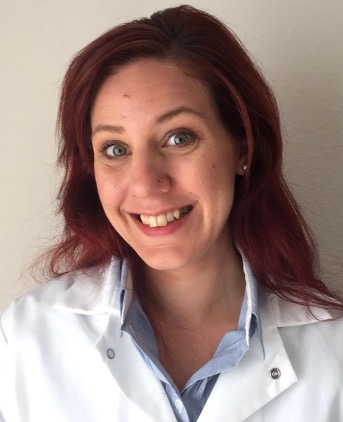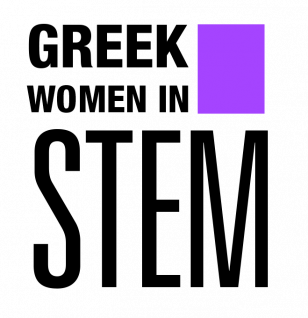R.E.A.L. Science is a new online platform for professional orientation, aiming at connecting Greek researchers and teachers worldwide. It is a way for teachers to get in touch with scientists who are actively involved in science and who can through online or in person presentations talk to students about careers in the sciences. This way they can create a realistic picture of the different professional paths they have the opportunity to follow in the future. Dr. Eleni Sinopoulou, postdoctoral researcher at the University of San Diego, had the original idea of the platform, so that students in any region of Greece have access to scientific and professional guidance online.
Dr. Sinopoulou received her first degree in Neuroscience and Neuroanatomy from the University of Glasgow and continued her postgraduate studies in Strasbourg and Freiburg. In 2015, she started her doctorate at Kings College, London, where she graduated in 2019. Read below what she told us about R.E.A.L. Science and her future plans.
Why did you found R.E.A.L. Science?
I wanted to give teachers the opportunity, through these presentations, to create an interactive and interesting learning environment in order to inspire students and help them organize their goals and dreams. Additionally, this platform can provide a tool to find scientists from the field they are interested in and get in touch with them. My goal is to take advantage of the large number of specialized Greeks around the world to benefit all students in every region of Greece through technology.
Who can participate?
Teachers of secondary and tertiary education, science students, and researchers sciences in Greece and abroad.
How can teachers organize a lecture for their students?
Teachers can ask either a volunteer or a group of volunteer-scientists to present their career path and give career advice to students in specific areas. After consultation with the platform and after the required time has been given (approximately 3 to 6 weeks), R.E.A.L. Science will organize the presentations or workshops they want for their class.
Can a student contact you / your page directly for professional guidance?
Unfortunately, this is not possible but you can ask a teacher to organize a presentation or business orientation day. The reason that the R.E.A.L. Science is structured this way is that the whole class can benefit from the presentation and advice of a volunteer.
What do you think is missing from the Greek educational system?
Something that could certainly be better developed in the Greek educational system, is to abolish the idea that studying is a one-way path for a career, a decision that you should make at the end of high school and that cannot be changed. Breaking down this way of thinking and showing students that what you have studied does not define or bind you and that (especially for the sciences) there are many paths that one can follow.
What does the R.E.A.L. platform offer that makes it more valuable than just a career orientation guide?
R.E.A.L. Science brings students in contact with professions that are often considered rare, or sophisticated. Talking about scientists in general sounds weird because not everyone comes in contact with someone in their daily lives or sometimes, they don’t even know who these people are. At the same time, the career path of a mathematician and a biologist is very different. Even within Biology for example, an ichthyologist and a neurologist have a different daily routine and steps to follow in their careers. R.E.A.L.
What is the ultimate goal?
The R.E.A.L. Science has 4 main goals: 1. To break down the distance barrier and bring recognized and specialized scientists in contact with students. 2. To give students the opportunity to learn more about the scientific fields they are interested in and how they can navigate their future academic steps to get there. 3. To utilize accomplished Greek scientists living abroad as a tool for career guidance. 4. To break down stereotypes about genders in science.
What prompted you to study abroad?
I was one of the (few) lucky ones who knew what career I wanted to pursue from a relatively young age and in high school I realized that this road unfortunately did not exist in Greece, so I turned to studying abroad.
Wanting to contribute to our country by essentially strengthening education, can you provide examples from your international experience that Greece could easily adopt in order to improve?
A beautiful example that comes to mind is from Great Britain’s educational system. There, through organized programs all researchers have the opportunity to go to schools of all levels and not only talk to students but (depending on age) to do simple experiments and help them to get to know science up close. My participation in such a program was one of the reasons that pushed me to start the R.E.A.L. Science. I saw first-hand how many questions students had, not only scientific but also about my career as a researcher. Somehow, I thought that if we give children a way to answer these questions it will definitely help, even a little, in their future.

RELATED ARTICLES
CONTACT US
____________
greekwomeninstem@gmail.com
Do you have ideas, questions, comments or special requests?
Would you like to highlight your research project or nominate a researcher that you would like to learn more about?
Please write to our email or fill out the form and hit “send”. We will be happy to talk with you!
[contact-form-7 id=”44″ title=”Contact form 1″]
